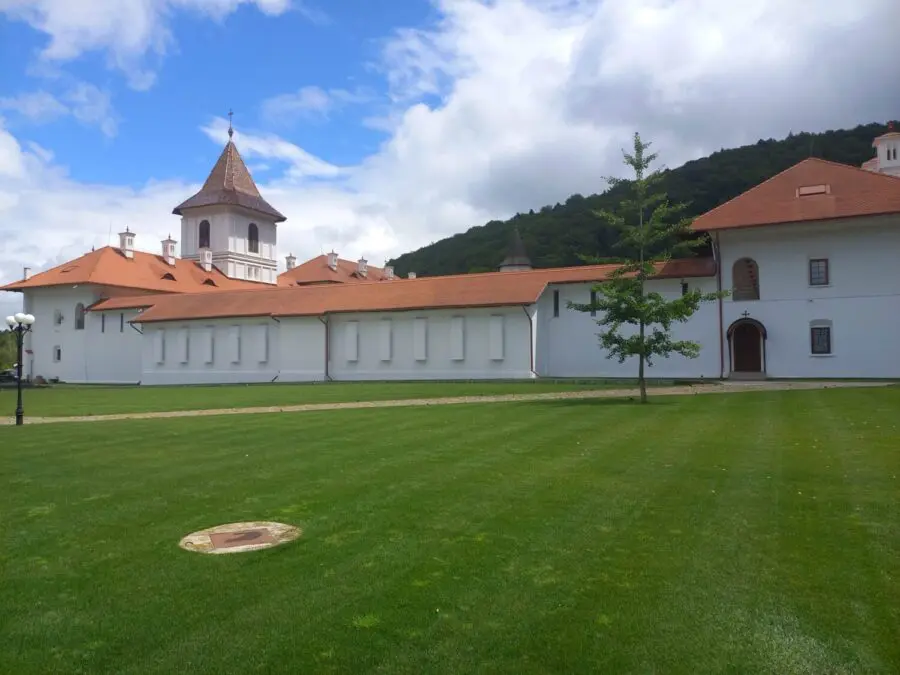The Romanian Orthodox Church has distanced itself from the position and actions of Archbishop Teodosii of Tomi (Constanța), who openly campaigned in his diocese for Calin Georgescu as “God’s messenger.” The Archbishop does not hide that he is an admirer of Vladimir Putin, D. Medvedev and Donald Trump, “who speak of peace” and “Christian values.” The high cleric has attracted the attention of the Romanian and Western media with his undisguised campaigning in his diocese for Georgescu.
The position of the Romanian Patriarchate states: “The Romanian Patriarchate categorically distances itself from the statements of His Eminence Father Teodosii, Archbishop of Tomi, in an interview given to the publication “Le Figaro” regarding Mr. Calin Georgescu and Russian President Vladimir Putin. The next working session of the Holy Synod will consider the case of His Eminence Theodosius for the repeated violation of the decisions of the Holy Synod regarding the election campaigns.”
In an interview with the French publication published on December 6, Archbishop Theodosius said of the former candidate for president of Romania, Calin Georgescu, that “he is more of a man of God than a politician. He is the one sent by God.” “He is a believer. The grandson and great-grandson of a priest who defends Christian values and is interested in the everyday life of Romanians.” And he described Vladimir Putin as “a man of peace and a builder of churches,” “whom we should not be afraid of.” When asked by French journalists how this opinion of his corresponded to the war against Ukraine launched on the orders of the Russian dictator, the senior cleric evaded the answer, blaming the war on “the bad guys.” According to him, Georgescu, who sympathizes with Putin, “will resolve these contradictions.”
In his defense, the archbishop said that he had not violated anything, the interview should have been published after the elections, not before them. The definition of “messenger of God” was of a general nature, not political, it was made because of the personal qualities of the candidate. And about Putin, he “spoke in principle that he was a founder of churches, not specifically”. In 2006, Archbishop Theodosius admitted that he had been recruited by the “Securitate” in 1987, when he was an assistant at the Institute of Theology in Bucharest. “I think I was vulnerable because I had applied for a scholarship to study abroad,” the archbishop said, noting that he had only reported on issues “of great national interest”.






